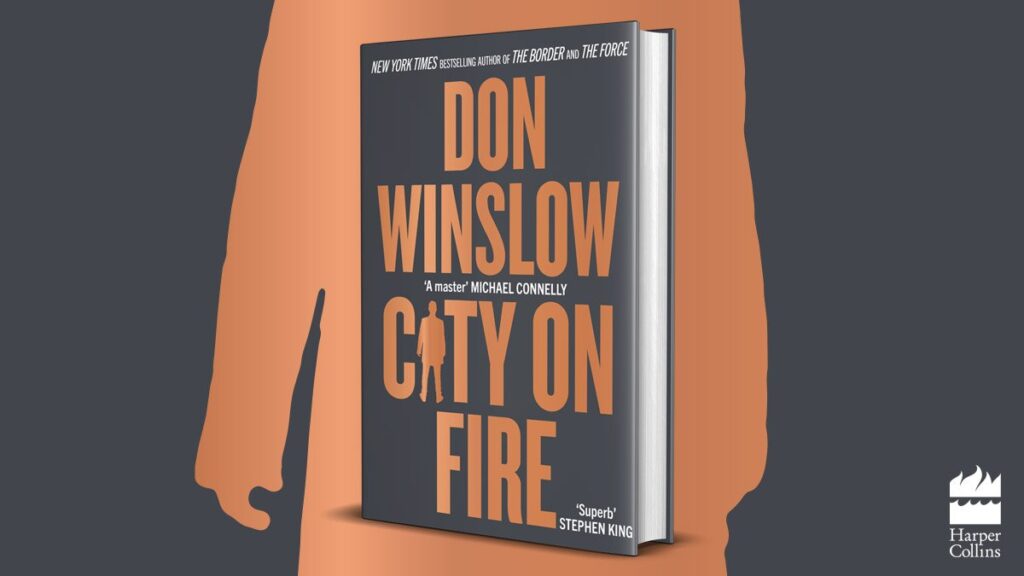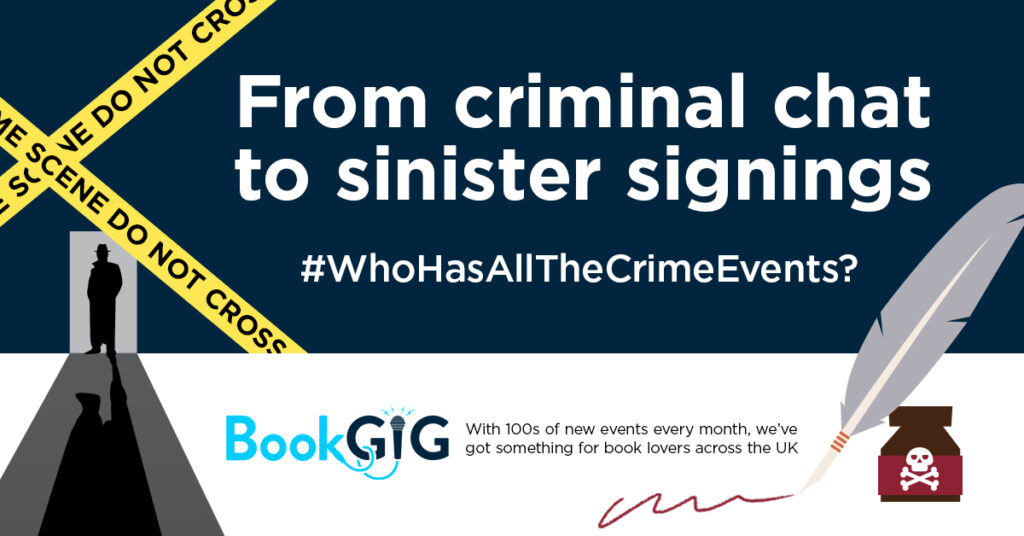Ever wondered how you make the leap to become a writer? This month sees  Paul Finch recall the transition from his days in the Police to his time as a scriptwriter for The Bill in his fourth blog piece for Killer Reads.
Paul Finch recall the transition from his days in the Police to his time as a scriptwriter for The Bill in his fourth blog piece for Killer Reads.
The first time I ever put pen to paper to write a serious thriller, it was just after I’d finished serving as an actual police officer. The piece of work in question was a speculative teleplay entitled Knock Off Job. It concerned a murder inside a suburban police station, and presented every member of the shift, both uniform and CID, as potential suspects, none of them knowing who to trust.
Now that I look back on it, it was very talkie: lots of tense conversations in dim corridors and cramped offices, lots of frank, fraught interviews, lots of suspicions being cast in every direction. It wouldn’t work today simply because modern police stations are filled with CCTV, and the comings and goings of staff and non-staff are more carefully monitored. But the concept was of sufficient interest to the production team at The Bill to make them ask me to come in and see them. I accepted the invitation, and though I didn’t realise it at the time, my life changed as a result.
Knock Off Job was itself optioned as a one-off screenplay (though ultimately it was never produced), but in addition it had made enough of an impression –  primarily because of my inside-knowledge of police life rather than because of my writing, I suspect – to grant me several shots at The Bill itself.
primarily because of my inside-knowledge of police life rather than because of my writing, I suspect – to grant me several shots at The Bill itself.
This was my doorway into professional writing – a school of hard knocks, though one in which I was to learn so much – but I wasn’t able to exploit it straight away, the main reason being that I had another fledgling career. I’d just started reporting for the trade press and eventually would move up into the world of newspapers and magazines, which was to keep me pretty busy. It was only really later on, with constant threats of redundancy jamming repeated spanners into my journalistic life, when I got stuck into the writing game with a vengeance and my scripts started to make their way to the screen.
Purely in writing terms, The Bill was a great place to be in the 1990s and the early 2000s. The show was massively popular in those days, and its script department was second-to-none; many of its editors were successful TV writers in their own right. There was never a script meeting when you didn’t come out the better for it. Everything I’ve learned about how to pace and balance a narrative, how to say more with less, how to find drama and jeopardy in the most innocuous of situations, etc, I picked up during that era.
Of course, The Bill was pretty tight on police protocol and procedure, and for that reason, and also because of budgetary constraint, there wasn’t as much scope for wham-slam violent action as there had been in earlier cop shows like The Sweeney. On top of that we had the 9pm TV watershed to deal with, which limited you a little bit. None of that worried me overly (though my episodes were regarded as being grittier and, at times, scarier than the norm – or so I was once told at a Bill Christmas party), because to really investigate the darker side of human existence, and to do it in no-holds-barred fashion, I was  writing other types of thrillers at the same time: short stories and novellas, which were in effect the forerunners of the Mark Heckenburg novels, tales that didn’t just explore the work of detectives, but also the general experience of crime – the lives of criminals, the agonies of their victims, the urban darkness and chaos that results from squalor and depravity – and because these were often published in British and US horror magazines and anthologies they went way beyond anything that would have been acceptable for mid-evening television, plunging my readers into nightmare realms of sadism, torture, madness and murder.
writing other types of thrillers at the same time: short stories and novellas, which were in effect the forerunners of the Mark Heckenburg novels, tales that didn’t just explore the work of detectives, but also the general experience of crime – the lives of criminals, the agonies of their victims, the urban darkness and chaos that results from squalor and depravity – and because these were often published in British and US horror magazines and anthologies they went way beyond anything that would have been acceptable for mid-evening television, plunging my readers into nightmare realms of sadism, torture, madness and murder.
I hope all that doesn’t sound too sensationalist. Perhaps to some it was, though I always did my best to underpin these writings with the authoritative voice of an ex-policeman and ex-crime reporter, bringing what I hoped was a level of authenticity and responsibility to it, rather than allowing it to slide into something sleazy and gratuitous. Speaking with the voice of an adult rather than a degenerate child. Looking for the human message rather than reveling in vengeance and brutality.
Yeah … right.
To find out more about Paul Finch, visit his website: www.paulfinch-writer.blogspot.co.uk


